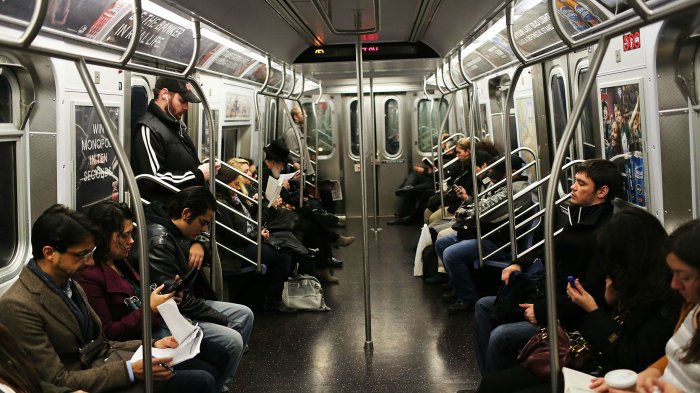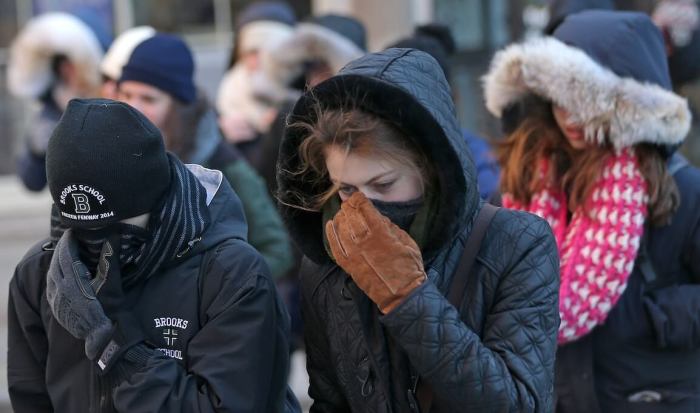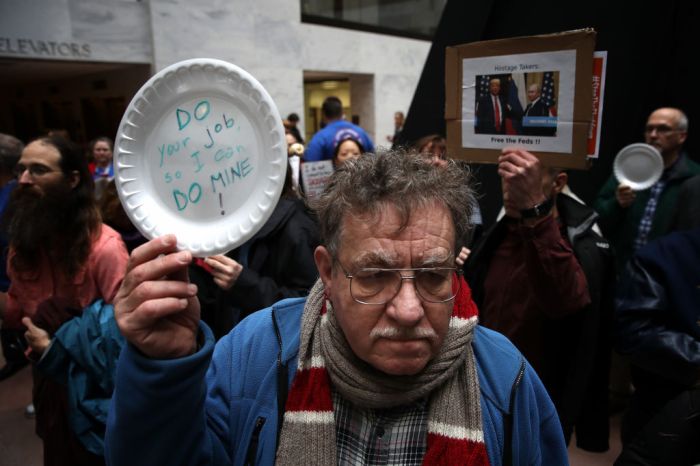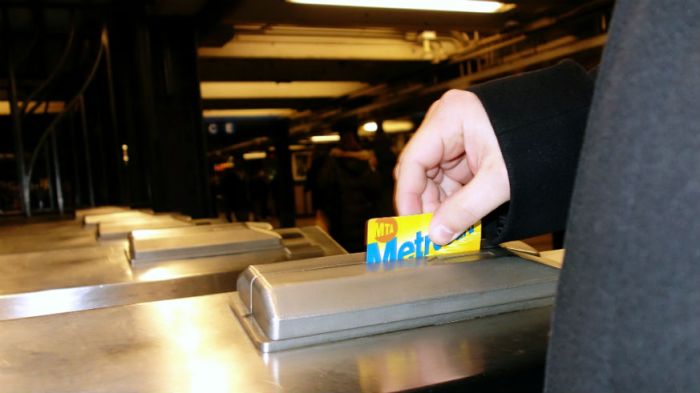Homecare workers of the First Chinese Presbyterian Home Attendant Program are suing their employer, claimed they are over-worked and underpaid.
About a dozen of the aggrieved workers gathered Thursday in Lower Manhattan for a rally to demand appropriate pay and fair hours as required by state and federal law. Advocates for the workers filed a class action lawsuit last week against their employer, First Chinese Presbyterian Community Affairs Home Attendant Corp. The company places trained caregivers with patients who need at-home medical care and supervision. Management didn’t respond to phone messages requesting a response to the workers’ complaints. Workers at the rally held signs in English and Spanish that read “No more 24-hour shifts” and “Paga las trabajadoras, ahora!” (pay your workers, now!). Using a microphone and Spanish translator, many workers spoke of having to work 96 hours a week or more, and being paid for half of those hours at less than minimum wage. The agency told them that they were not entitled to pay for more than 13 hours because caregivers who spend the night with clients can sleep, the workers said. But caregivers are responsible for patients who often need care in the middle of the night, they said. As many as 1,500 workers could be entitled to damages, including pay owed since 2010, overtime wages, and interest, said Joann Lum, a spokesperson for the National Mobilization Against Sweatshops, one of the organizations supporting the workers. The workers also claim that First Chinese Presbyterian retaliated against caregivers who refused to work a 24-hour shifts by giving them inadequate work hours.
“The other outrage,” said Lum, “is that Medicaid approved these patients for constant care—they acknowledged the necessity for 24 hour care—because they need to be turned in their bed, changed, watched if they have dementia. Most [workers] cannot sleep because they have to be alert to every little thing the patient might need.” Federal law that passsed lastJanuarystipulates that most homecare workers are entitled to minimum wage and overtime pay protections. That includes people who provide home care services to the sick and elderly, such as nursing assistants, home health aides and hired companions. Lum pointed out that New York has a “double damages” rule which means that if a business violates minimum-wage and overtime law, it must pay twice the amount owed, plus interest. Some First Chinese Presbyterian workers have been employed for 15 or more years, and although the statute of limitations is set at 2010, the agency could be on the hook for millions of dollars, she said.
Lawsuit accuses homecare agency of stiffing workers and mandating 24-hour shifts



















